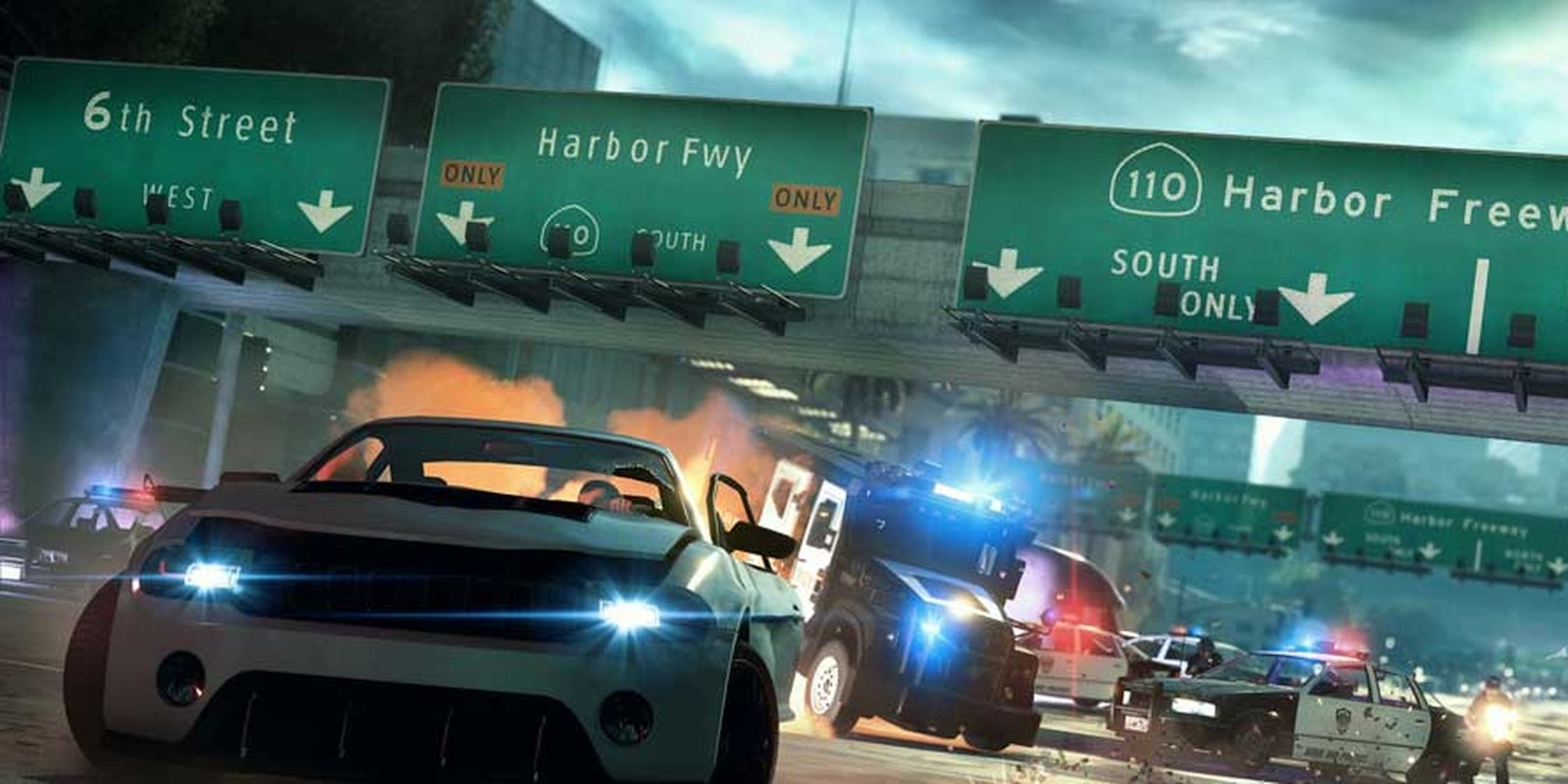Battlefield Hardline may be the most highly anticipated game of the year, but you probably shouldn’t buy it at launch on Oct. 21.
Every Battlefield game released since 2010 has been a hot mess on the day it hit store shelves. Without fail. It’s a story about everything that is wrong with the triple-A video game industry, and Ben Kuchera over on Polygon has done a superlative job of laying out all the issues at play and providing historical context.
To put the case Kuchera makes in context, consider for a moment a scenario in which Game of Thrones is only being released on DVD—not broadcast on HBO. You’d want to watch Game of Thrones with your friends, right? You’d preorder the series and invite all your friends over to your house to watch the new episodes.
Then imagine you put disc 1 into your DVD player, and it doesn’t work. You might be able to watch five or 10 minutes’ worth of an episode before the disc conks out, and then you have to go back to the main menu and try to start the episode again. Everyone’s pissed. Over the course of the following weeks and months you are sent, for free, new discs that are supposed to work better, but you never make it all the way through to the end. Months later, by the time you’ve actually made it through the show, you’re so sick of all the technical problems that your enthusiasm has waned.
Now imagine this happens for three seasons in a row, all of which you can only buy as DVD sets.
The Battlefield franchise has been like this since 2010. The games never work right when they’re released, and all the players have to sit back and wait for patches that may or may not solve the problems preventing them and their friends from getting into online matches together and having fun. By the time the games finally work right, some of us have already bowed out to play something else, because a broken game can only hold your attention for so long, and there are so many others to play.
Yet all of us, the Battlefield franchise fans, continue buying these games in droves such that publisher Electronic Arts—Swedish development studio DICE gets a pass because in the end EA decides when the games have to ship—keeps releasing Battlefield games that just don’t work.
Battlefield is one of those video game franchises that inspires a rabid following because it is unique. No one, absolutely no one, has ever done combined arms, big battle, and military first-person shooter games like the Battlefield franchise does. DICE made its name with Battlefield: 1942 in 2002 precisely because the game was unlike anything that came before it.
The basic design underlying the Battlefield games is fantastic. Everything else has slowly been going to hell. Kuchera has done a superlative job of laying out all the issues at play, and providing historical context for everything Battlefield fans like us have had enough of.
- Nickel-and-dime downloadable content schemes
- Proliferation of pay-to-play map packs, which divide the player base into haves and have nots]
- Annualized releases, which necessitate speed of production and in turn reduces overall quality
- Predictably unstable launches, with the online portion of the game not working when you buy it
The story of the Battlefield franchise is, after a fashion, also the story of the entire triple-A video game industry: Rushing games to market because the publisher’s stock is publicly traded, milking popular franchises to death, and devising any profit streams the publisher can possibly think of because the games are so damn expensive to make profit margins are too slim.
It’s very easy to assume, in the face of the economic performance of the Battlefield series, that critics of the franchise in the video game press are just a vocal minority screaming into the wind.
We are not.
Every time a Battlefield game has launched since 2010, there have been torrents of complaints from franchise fans across the Internet: in comment threads on stories about the game, on the gaming forum NeoGAF, and on Reddit.
Maybe the Battlefield launch will go smoothly this time. Otherwise, you will see yet more anger born legitimately from pain.
H/T Polygon | Illustration via Electronic Arts


